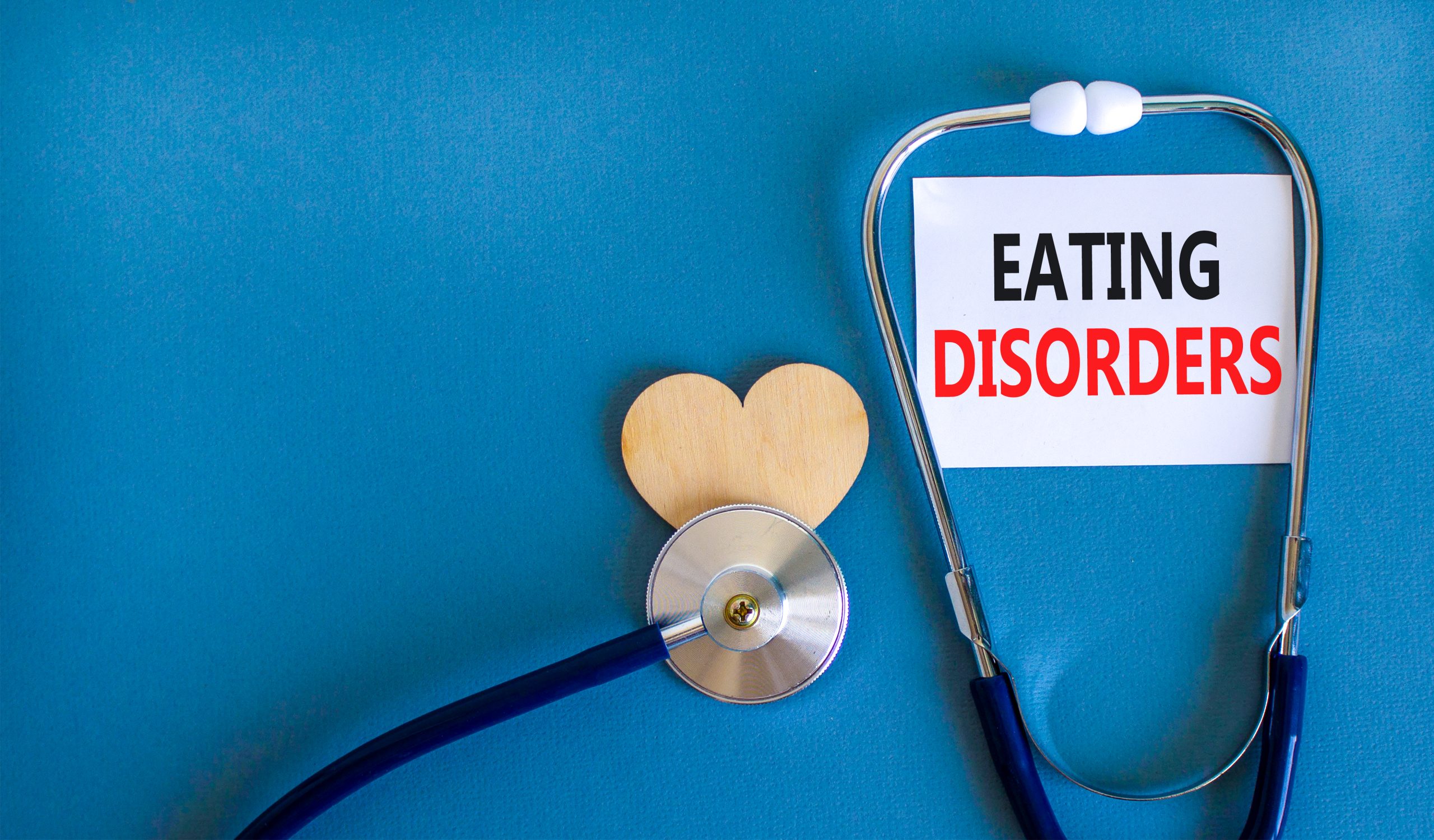Why Is Recovering from an Eating Disorder So Challenging?
Table of Content
In recent years, news coverage about semaglutide, a medication formulated to treat type 2 diabetes, has refocused public attention on eating disorders. Semaglutide is the generic name of Wegovy, a weight loss and management medication that’s particularly effective for many patients. In early October 2025, retail giant Costco began stocking Wegovy and its anti-diabetes version Ozempic at its in-store pharmacies. Two weeks later, a Virginia Tech research team published a study suggesting that semaglutide had a positive effect on helping patients drink less liquor. All this attention is rekindling the debate about why recovering from eating disorders is very difficult for many people.
Eating Disorders Aren’t Easy to Understand
Since the early 1950s, the American Psychiatric Association has been publishing the Diagnostic and Statistical Manual of Mental Disorders (DSM) series. Currently in its fifth edition, the DSM classifies mental health conditions across various disorder categories and spectrums. Eating disorders fit into a category of five conditions often cited as very difficult to manage. The other four are personality, psychotic, degenerative, and anxiety disorders. When these conditions are on the severe end of their respective spectrums, they become significantly challenging for patients and medical professionals. A common factor of these five DSM categories is that clinical researchers don’t fully understand the neurochemistry behind them. For example, after five decades of research into anorexia nervosa, we don’t know why 30 percent of patients never recover, and we don’t seem to be close to understanding their precise neurochemical mechanisms.
Cognitive and Psychological Processes
Although some research studies suggest eating disorders are linked to genetic factors that affect appetite regulation, body image, and the brain-reward circuit, they’re inconclusive. Until we can reach conclusions, the most effective treatments for these disorders should focus on behavior modification. Most patients present various clinical factors that can make cognitive behavioral therapy (CBT) difficult. Bulimia nervosa and binge eating, for example, often feature obsessive-compulsive disorder (OCD) and treatment-resistant depression. Patients who live with either or both conditions must undergo nuanced CBT to alleviate their eating disorders.
Egosyntonicity and Anosognosia
When these mental health issues are observed in eating disorders, patients may need medications in addition to CBT. Egosyntonic patients live with borderline personality disorders that prevent them from seeing their behaviors as problematic. Anosognosia happens when patients are unaware or unable to recognize they live with mental health conditions. These factors are routinely ignored in popular culture, thus explaining why overeaters and bulimic patients are wrongly accused of refusing treatment or living in denial.
Barriers to Treatment
Until the late 20th century, OCD was considered a strong barrier to treatment for eating disorders. Thankfully, modern CBT strategies directly address OCD. Plus, selective serotonin reuptake inhibitors (SSRIs) can be prescribed to make the process smoother. Patients who respond adequately to initial CBT sessions are more receptive to long-term strategies, like working with sober lifestyle coaches, such as those that help with Encinitas addiction recovery. It should be noted overeating isn’t the only eating disorder linked to addiction and the brain-reward circuit. The reason many patients respond well to CBT and sobriety coaching is that all eating disorders share some factors with substance abuse and dependence. Longitudinal addiction research shows OCD is commonplace in both substance abuse and eating disorders.
Building a Supportive Environment for Sustainable Healing
Recovery from an eating disorder requires more than nutritional stabilization or symptom reduction—it thrives in an environment where safety, structure, and emotional transparency are prioritized. Many individuals need help rebuilding daily routines, learning how to navigate social situations involving food, and developing healthier responses to stress or emotional overwhelm. Supportive environments help reduce shame, promote self-awareness, and encourage consistent progress. Families and loved ones also benefit from education and guidance, as their understanding and participation play a significant role in long-term success.
Understanding Emotional Patterns and Triggers
Eating disorders are rarely about food itself; they are deeply rooted in emotional responses, perfectionism, trauma histories, self-esteem struggles, or unmet needs. Identifying these emotional drivers is essential for lasting recovery. By recognizing patterns such as restrictive thinking, compulsive behaviors, comparison, or body-focused worries, individuals can begin to understand what fuels the disorder. With professional support, they can learn healthier coping skills that replace old habits, reduce internal pressure, and create space for genuine emotional healing.
Strengthening Recovery Through Personalized Support
No two recovery journeys look the same. Some individuals require more structure, while others benefit from gentle accountability with a recovery coach, or hands-on support when navigating meals, body-image challenges, or daily routines. Personalized recovery support helps address the unique obstacles that standard treatment may not fully cover—such as managing anxiety around eating in public, handling holiday or family gatherings, or learning how to differentiate emotional hunger from physical hunger. Tailored guidance reinforces confidence and creates a pathway toward a more stable, balanced, and empowered relationship with food and the self.
If someone you know is facing the challenge of an eating disorder or another form of addiction, consider reaching out for professional support from an interventionist Encinitas residents can trust. People who receive this guidance often find it’s a crucial element in beginning a successful and sustained recovery journey. You can trust the expertise and experience of the compassionate team at Sober Lifestyle Coaching. We know precisely what it takes to get sober, stay sober, and live the healthy lifestyle you deserve. We specialize in working with clients with active addictions as well as clients already in recovery. Our sober coaches provide encouragement, accountability, insight, and understanding through our own recovery experiences. To learn more about how we can help you or someone you love, call us today.





